Fresh off guiding a series of President Trump’s nominees through the high-wire act of the cabinet approval process in the Senate, Vice President J.D. Vance has a new assignment: acting as sherpa for the even more difficult task of a potential sale of TikTok. Punchbowl reports today that Vance, along with national security advisor Mike Waltz, will be taking on the challenge of living up to one of Trump’s more audacious promises, given that they’re up against a ticking clock, an unwilling seller in ByteDance and very real security concerns about the power of the Chinese Communist Party that must be satisfied for any sale to take place.
The most interested potential buyer at this point is the pooled resources of Project Liberty, an effort organized by billionaire Frank McCourt, who is relying on Shark Tank investor Kevin O’Leary as a go-between with the Trump administration. In meetings with numerous members on Capitol Hill in recent weeks, McCourt has stressed that his proposed deal would represent a true shift away from China, without any lingering security concerns over user data. The promise relies on the Project’s blockchain-based Decentralized Social Networking Protocol (DSNP), which represents an attempt to give social media users control of their individual data to a previously unprecedented degree.
ByteDance finds itself at this point due to a combination of hubris and naivete. In the wake of the massive bipartisan swing against them in Congress last spring, their bet on a last-minute reprieve from the Supreme Court struck Washington insiders as a ludicrous long-shot — but according to close observers, the outcome of a unanimous loss took them by surprise. It didn’t help matters that the company assumed they could lean on their 170 million users to exact political pressure on Capitol Hill and the Court, thereby attempting exactly the thing that had politicians concerned in the first place.
One uncertain factor here is what America’s plethora of TikTok influencers want to happen. While they may privately express the view that TikTok is a frustrating app, given that it keeps user data closely held and prevents the kind of connection encouraged on other platforms, few want to vocalize this publicly lest they risk a major shadow ban. But without their public backing, it’s possible TikTok goes away after all. Trump’s promises are one thing when they can be achieved through executive order or mandated policy shifts within the executive branch — but when there’s bipartisan legislation already on the books and strong support for it from the likes of Senate Intel chair Tom Cotton, it’s harder to engineer such a dramatic shift.
For Trump, who once was one of TikTok’s most aggressive critics, this situation could be a victim of promising too much too late in the game. The fact that the famed dealmaker is assigning this task not to a fellow business exec or Silicon Valley ally but to Vance could be a setup for plausible deniability should these efforts fail. Considering ByteDance’s reluctance to bring TikTok to a point of sale, a sign that they count the American data they’ve seized via their addictive algorithm as more valuable than the billions on offer for it, America might be better off leaving people disappointed than trying to slap together a deal that leaves another generation of users undefended against whatever China has planned next.



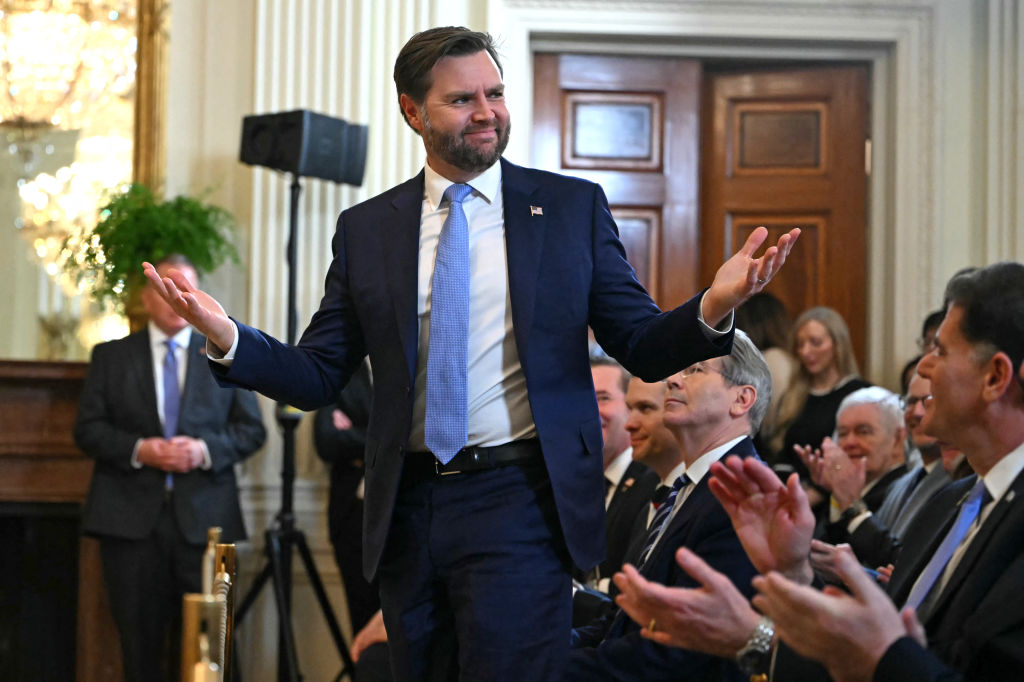






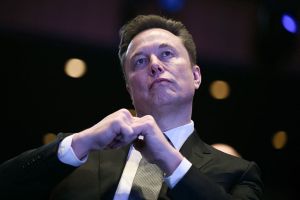
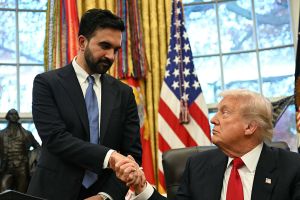



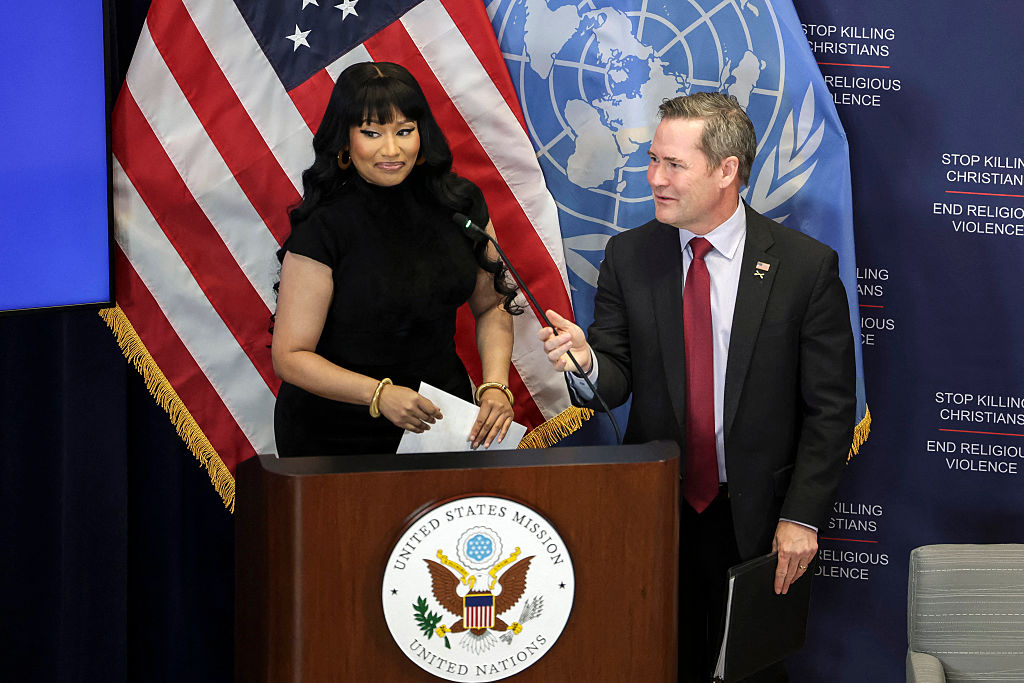
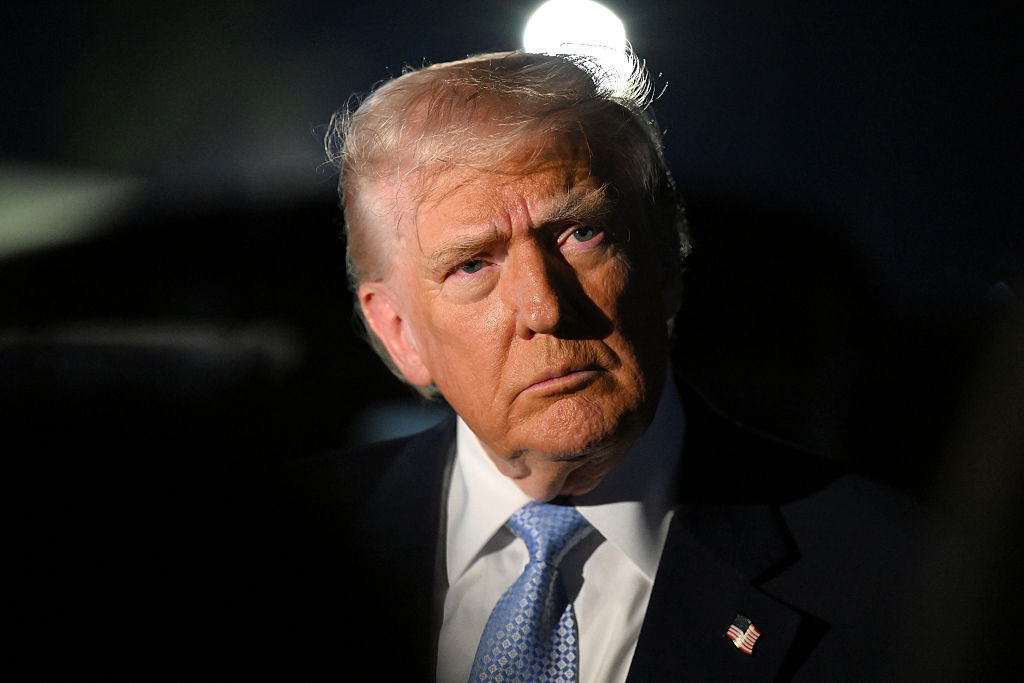
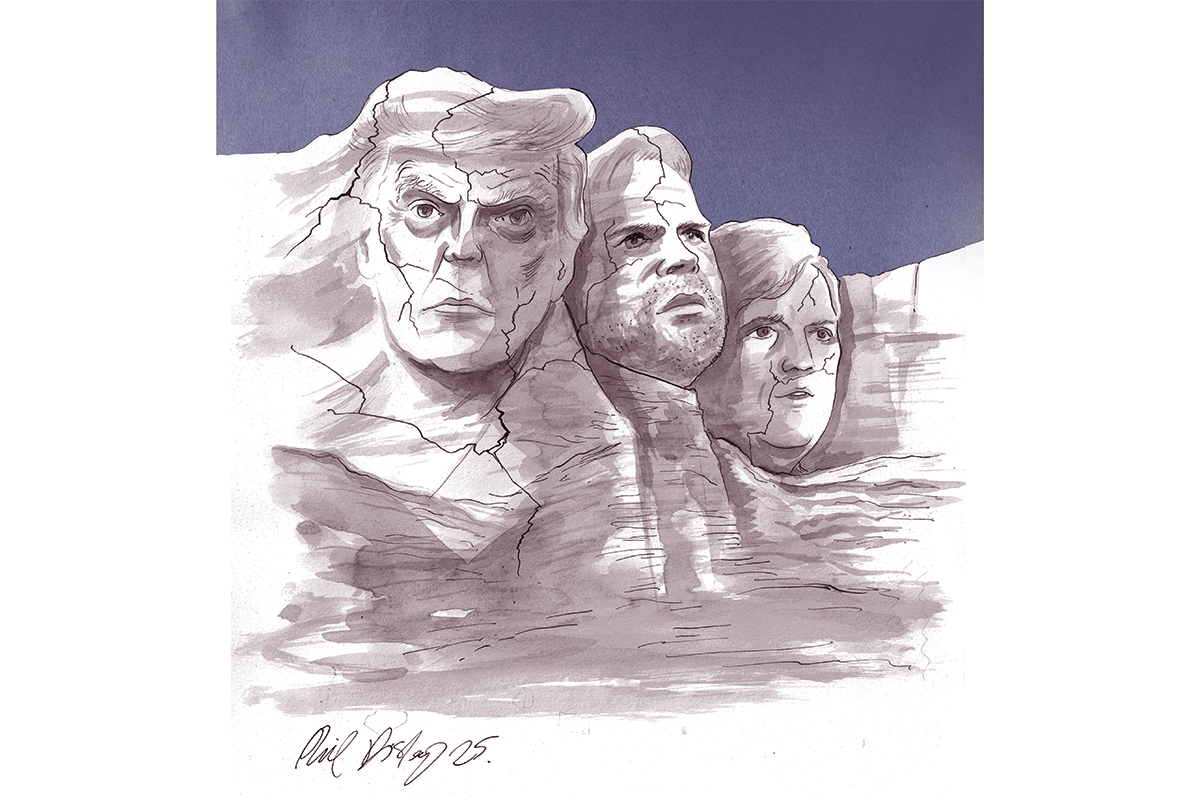
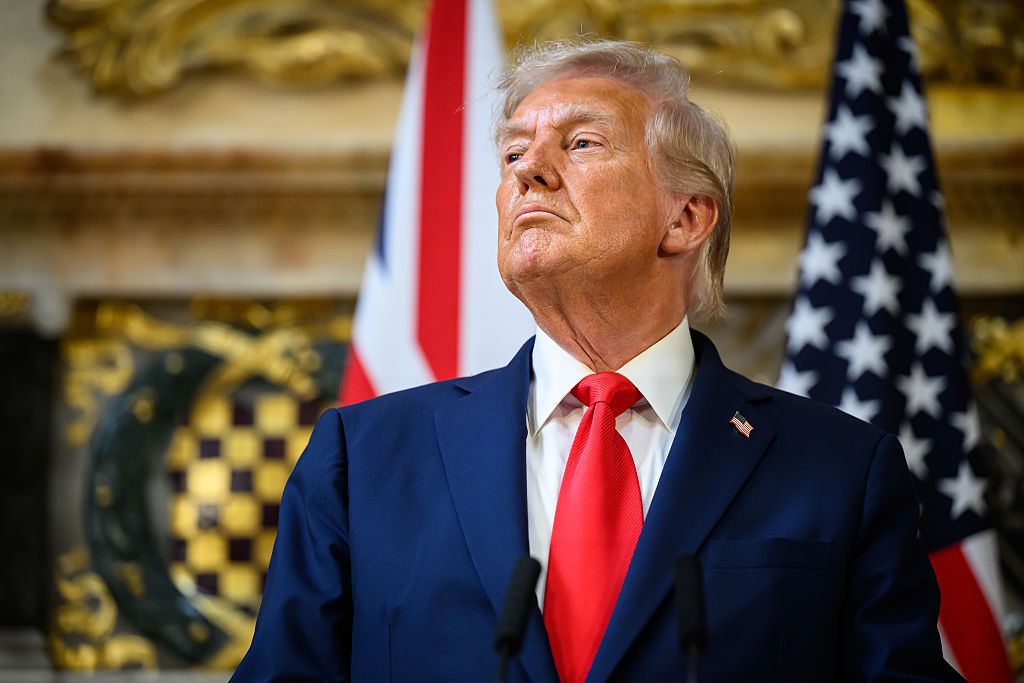







Leave a Reply